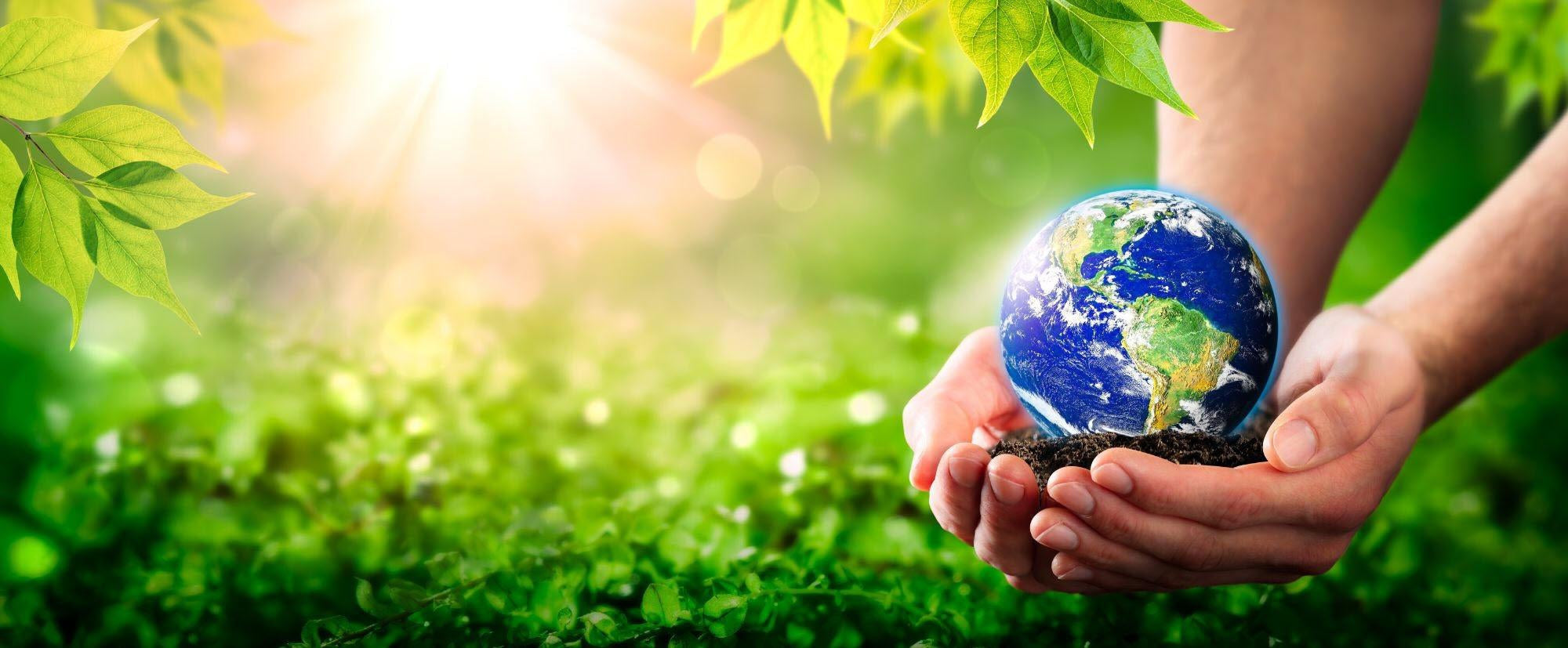Biodegradable vs Compostable: What is the Difference?
Navigating Compostability: Unpacking Definitions and Environmental Impact
Introduction
As we grapple with environmental challenges, the term "compostable" has emerged as a beacon of waste reduction. However, what does compostable mean? The compostability definition transcends the simplistic view of "breaking down." It's about materials decomposing into natural components in a compost setting, without leaving toxic traces. This article unravels the meaning of compostable, its distinction from related terms, and its significance in our ecological pursuits.
Dissecting the Compostable Definition
When we define compostable, we're discussing materials capable of disintegrating into water, CO2, inorganic compounds, and biomass at a rate consistent with known compostable materials like paper, leaves, or grass clippings. They should also leave no toxic residue, ensuring a safe return to the soil. Essentially, compostable materials are those that can be placed into a composition of decaying biotic waste and vanish into humus.
Why Composting Matters
Why is discerning what's compostable essential? Composting diverts waste from landfills, reduces greenhouse gas emissions, and enriches soil health. Recognizing what does compostable mean enables both consumers and industries to contribute positively to an ecosystem that recycles organic waste into valuable compost.
Compostable vs. Biodegradable: Unraveling the Difference
The terms compostable and biodegradable are often used interchangeably, yet they're distinct. The compostable def hinges on the material's ability to break down into non-toxic components within a certain period (typically 90-180 days in industrial settings), while biodegradable materials aren't held to a specific timeframe and may leave behind toxic residue.
Certifications: The Assurance of Compostability
In a market where eco-friendly claims are often unregulated, certifications from reputable external agencies are paramount. Entities like the Biodegradable Products Institute (BPI) and TÜV Austria provide certifications for products, validating that they meet rigorous scientific standards for compostability. These certifications—often resulting from tests like ASTM D6400 (U.S.) and EN13432 (EU)—are indispensable for consumers seeking genuine compostable products. They serve as a compass in navigating the sea of products in the market, ensuring that what's labeled as compostable truly adheres to the defined standards.
Spotting Compostable Material
What encompasses compostable material? Items such as CPLA utensils, plant-based food containers, and certain packaging materials meet the compostable définition. They're capable of decomposing effectively in compost facilities, transforming into beneficial compost. Always look for certification labels to confirm compostability claims.
The Peril of Greenwashing
With eco-conscious consumerism on the rise, so are deceptive labels. Some products labeled "biodegradable" fall short of the compostable definition, taking longer to decompose and potentially polluting the environment. Knowledge of the exact compostability definition is a powerful tool for consumers to differentiate between authentic environmental stewardship and mere greenwashing.
Everyday Compostability
Understanding the definition of compostable influences daily decision-making. From opting for compostable packaging to engaging in local composting initiatives, informed individuals and businesses can profoundly reduce waste. Knowing what's compostable ensures proper disposal, redirecting organic waste from landfills to composting facilities where it enhances soil fertility.
Industrial vs. Home Composting
There's a distinction between industrial and home composting. While industrial facilities can process a wider variety of compostable goods, home compost systems handle fewer materials. Not everything that's industrially compostable degrades efficiently at home. For home composting, seek products specifically labeled as "home compostable."
Regulatory Frameworks and Standards
Legislation plays a critical role in defining compostable standards. Certification norms like ASTM D6400 and EN13432 dictate the criteria for compostable labels. These regulations guide consumer confidence and compel manufacturers to adhere to responsible production practices.
Looking Ahead: The Future of Compostables
Advancements in science and heightened environmental awareness are paving the way for innovative compostable products. From new-generation compostable plastics to groundbreaking edible packaging, the realm of sustainable materials is expanding. However, the effectiveness of compostable products relies on widespread understanding of the compostable def and commitment to proper disposal.
Persisting Challenges
Despite advancements, obstacles remain. Inadequate composting infrastructure and prevalent misleading marketing require consumers to understand the true meaning of compostable deeply. Advocacy for improved composting facilities and regulations is vital to ensure correct processing of compostable materials.
Conclusion: Empowered Choices through Understanding
Sustainability is a shared journey. Grasping the compostable definition isn't just academic—it's a practical step toward informed, environmentally responsible decisions. By understanding what compostability entails, consumers and businesses can pivot from ambiguously 'green' products to those that have a verified, positive impact on our planet.
Are you on the look out for compostable food packaging? At Earth Care. we can help you get started on your business' sustainability efforts. Explore our line of takeout containers, cups & lids, compostable garbage bags, and PLA cutlery, Everything we carry is BPI certified compostable. Alternatively reach out to us for assistance with your specific business needs.




